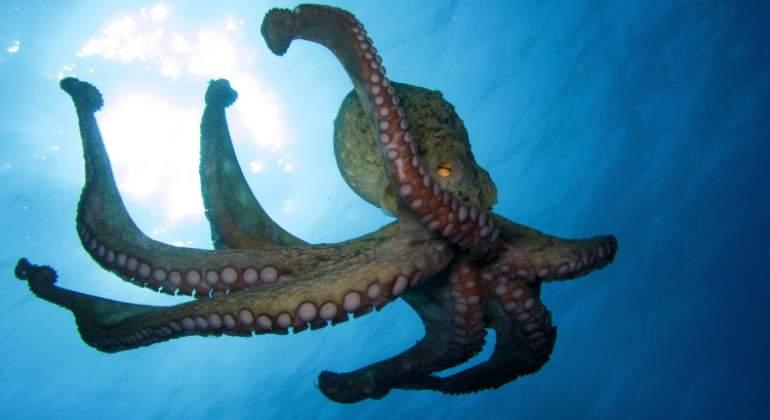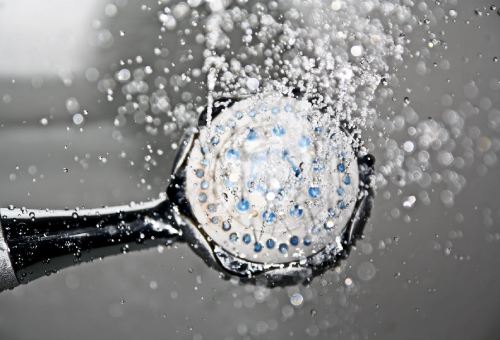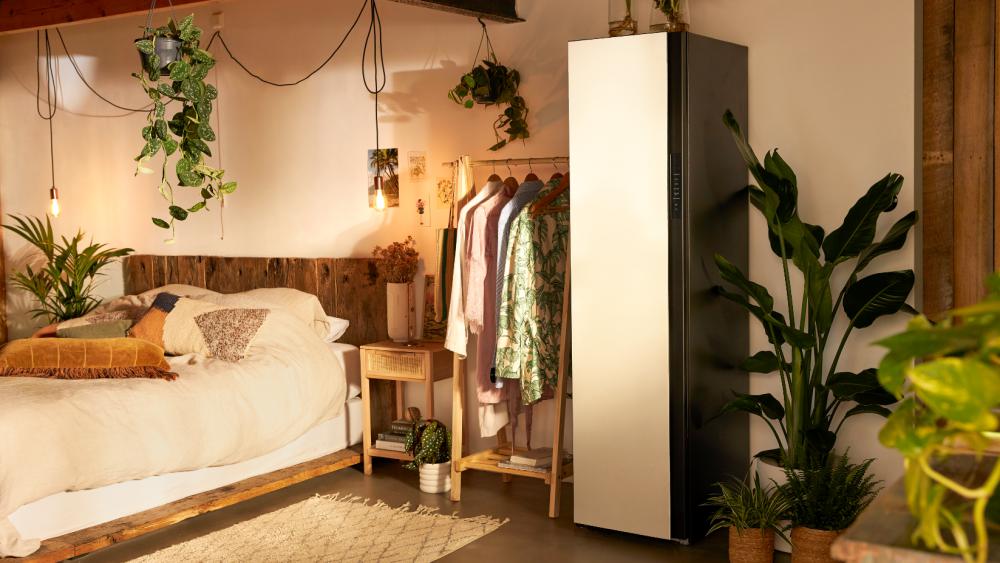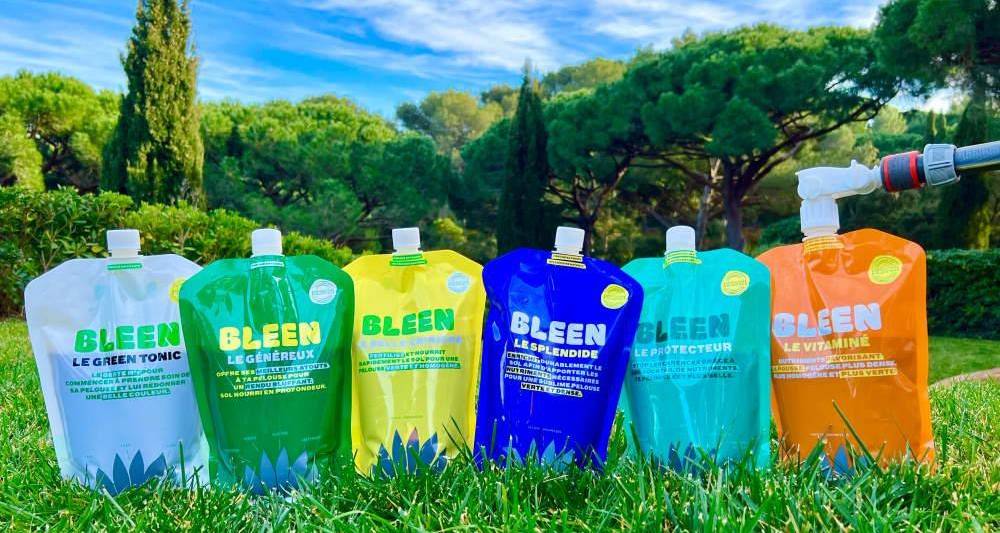As.com Spain will open the first octopus farm in the world
Spain can count, from the summer of 2022, on a pioneering business route throughout the world: it is expected that by that date the first octopus farm will be a reality, in order to be marketed and sold as food by the year 2023 A business that has already generated debate among experts, who consider that this species is capable of feeling pain and emotions.
It will be the Spanish company Nueva Pescanova that will launch this initiative, which will be based in the vicinity of the port of Las Palmas de Gran Canaria. It is estimated that it could produce up to 3,000 tons of octopus annually. Something that, according to the company, would help reduce the massive fishing of wild octopuses.
As revealed by the BBC, Nueva Pescanova would have refused to offer details about the conditions in which the cephalopods will be kept: therefore, the size of the tanks or the food they will have there is unknown. It is estimated that 350,000 tons of octopus are caught each year, an amount that is ten times that of 1950.
Expert Reviews
As reported by the BBC, the Spanish company would have prevailed in the fight for its opening to companies from Mexico, Japan and Australia. The news, at the time, has caused a stir among scientists and animal advocates, who warn that they should never be raised to be marketed as food. "They are amazing animals. They are solitary and very intelligent. So putting them in sterile tanks without cognitive stimulation is bad for them," says Dr. Elena Lara, Director of Research for the Compassion in World Farming (CIWF) campaign.

In recent years, various studies have managed to show that they have a high level of intelligence, being "sentient beings" that can feel pleasure, emotion, and joy, but also negative feelings such as pain, anguish, and harm. In parallel, experiments have shown their ability to use sea shells to hide and defend themselves from enemies, in addition to quickly learning established tasks.
Stacey Tonkin, caretaker of the Bristol Aquarium, tells the BBC that one of the octopuses she attends there has symptoms that anyone can express and that, according to her mood, her color changes. "When he's orange-brown in color, that's when he's active or playful. When he shows spots he's more curious and interested."
A level of awareness that will soon be recognized in UK legislation, through an amendment to the Animal Welfare Bill. Experts consider that, if there are several specimens in a tank, they could attack each other due to their marked territorial nature.
"The problem with octopuses is that they are completely wild, so we don't know exactly what they need or how we can provide them with a better life," explains Dr Lara. About a third of the fish caught worldwide is used as food for other animals, and almost half of that amount goes to aquaculture.









3984